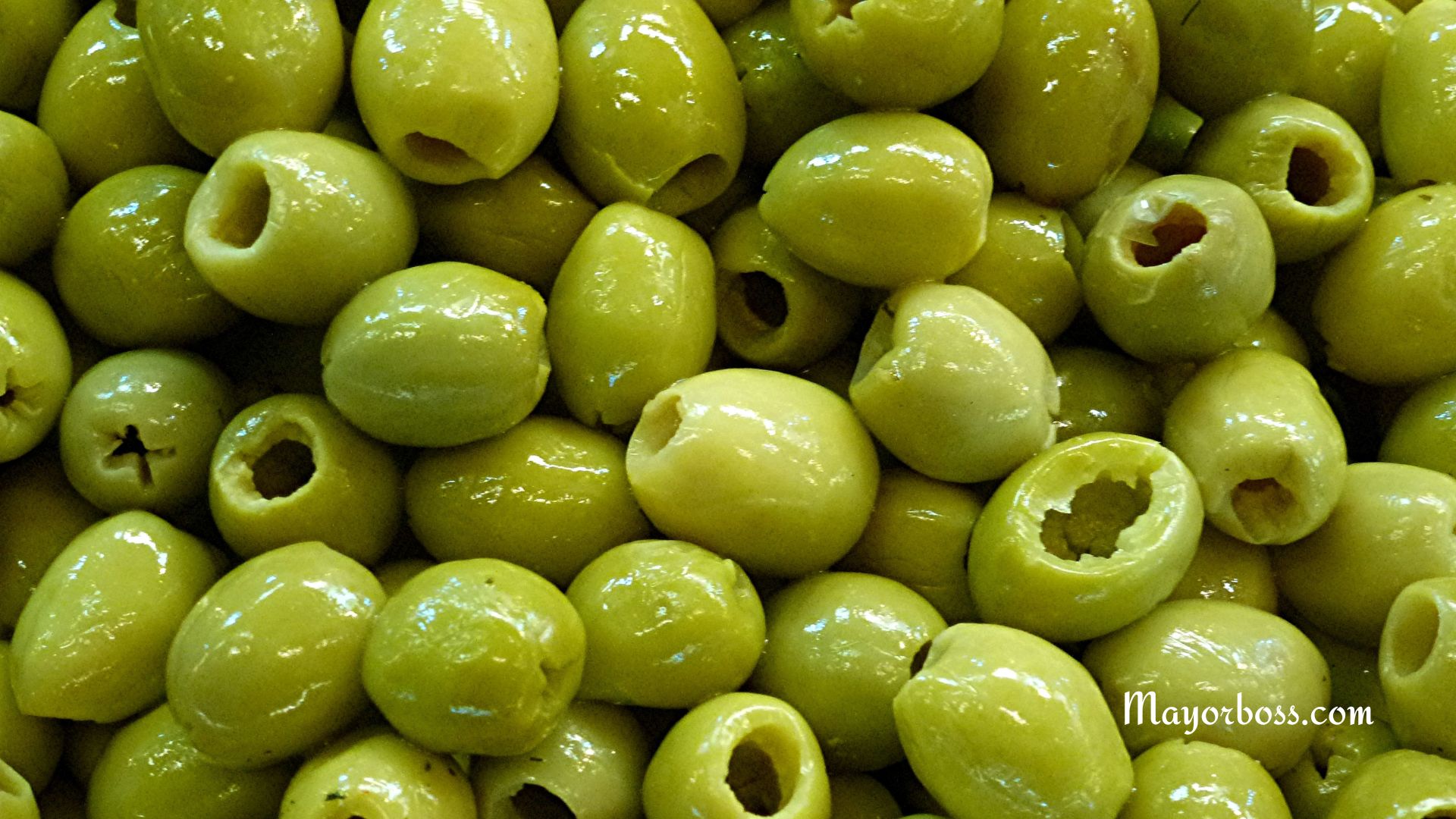6 Healthiest Vegetables to Eat
Generally speaking, the United States Department of Agriculture’s Dietary Guidelines for Americans recommends including a variety of vegetables in your daily diet for optimal health and to reduce the risk of disease.
While all vegetables provide essential nutrients and health benefits, some stand out due to their remarkable nutrient profile and potential impact on your overall health. In this article, you will learn six of the healthiest vegetables to eat.
1. Spinach
Spinach is one of the healthiest veggies you can eat. In fact, it is a powerhouse of nutrients, including vitamins A, C, K, and B9 (folate). It is also rich in iron, calcium, and magnesium. This leafy green vegetable helps you build strong bones, supports heart health, and enhances your immune system.
Regularly consuming spinach helps with weight loss due to its low-calorie and high-fiber content. Additionally, it assists in maintaining healthy blood sugar levels, making it beneficial for those with diabetes.
2. Broccoli
Broccoli is a cruciferous vegetable loaded with vitamins A, C, K, and B9, along with potassium, fiber, and plant-based protein. It is known for its cancer-fighting properties, thanks to the presence of sulforaphane, a powerful antioxidant.
In addition, broccoli is effective in reducing inflammation, as it contains compounds like kaempferol and indole-3-carbinol. Moreover, its high fiber content promotes healthy digestion and prevents constipation.
3. Carrots
Carrots are highly nutritious root vegetables. They are packed with vitamins A, C, K, B6, and Biotin, as well as potassium and fiber.
Carrots are known for their high beta-carotene content, which supports eye health and boosts your immune system. Besides, they are particularly high in lycopene, an antioxidant that may reduce high blood pressure and cholesterol levels.
Carrots are also low in calories and high in fiber, making them an excellent choice for weight loss. Additionally, their low glycemic index helps regulate blood sugar levels.
4. Brussels Sprouts
Brussels sprouts, another cruciferous vegetable, provide vitamins A, C, K, and folate, as well as magnesium, potassium, fiber, and antioxidants. Additionally, research suggests that they contain a compound called kaempferol that may protect against certain types of cancer, including skin, colon, and liver.
Furthermore, these small, cabbage-like vegetables contain anti-inflammatory compounds, which reduce inflammation, lower blood sugar levels, and support heart health by reducing cholesterol levels.
5. Sweet Potatoes
Scientific research shows that sweet potatoes are an excellent source of beta-carotene, which your body converts into vitamin A. They also provide vitamin C, vitamin B6, fiber, and potassium, making them a nutrient-dense choice.
Overall, consuming sweet potatoes regularly helps with weight loss, lower blood sugar levels, reduces blood pressure, and prevents dry eyes and night blindness. Moreover, they are versatile and can be easily incorporated into various dishes.
6. Bell Peppers
Bell peppers are colorful vegetable that comes in red, green, and yellow varieties. They are high in vitamin C, vitamin A, and antioxidants, which can help lower inflammation and prevent chronic disease.
These crunchy vegetables also support a healthy immune system, aid in weight loss, and help lower blood sugar levels. Their anti-inflammatory properties contribute to overall health, and their vibrant colors make them a visually appealing addition to your meals.
Further Reading: 30 Fruits That Are Super Nutritious






